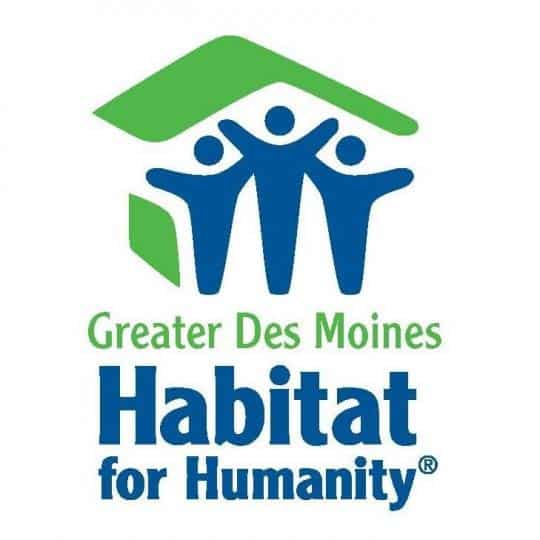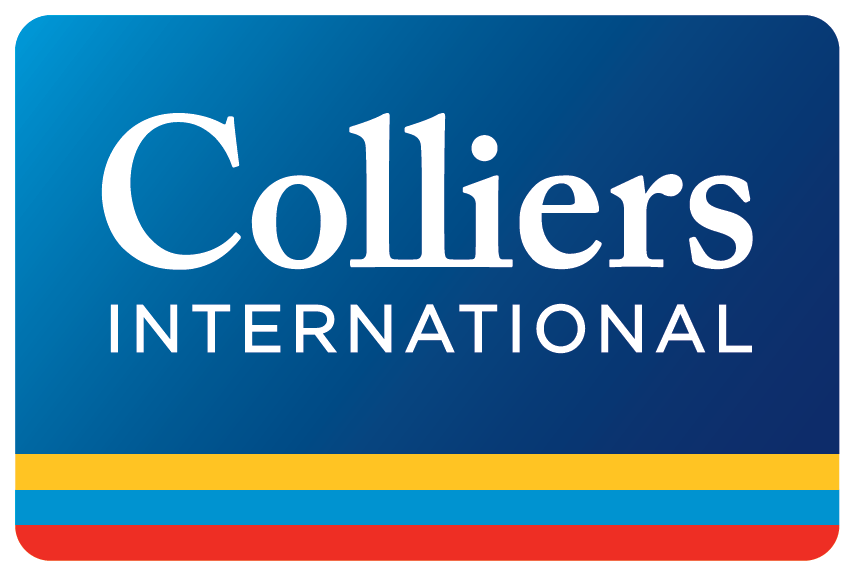Iowa Primary Care Association takes over state behavioral health system
New district-based system seeks to connect Iowans to services

The Iowa Primary Care Association is now overseeing the administration of the state’s behavioral health system and is working with health care providers, law enforcement and community partners across the state to connect Iowans with supports for mental health, substance use and addictive disorders, according to the organization.
Behavioral health refers to mental health and addictive disorders and encompasses wellness and resiliency in addition to illness and disorder.
The new behavioral health system is a transition from the previous system, which was a county funding-based model where there was a per capita levy that funded services at the regional level, said Aaron Todd, CEO of the Iowa Primary Care Association.
“A little over a year ago, the legislature passed [a] law … and moved to a new district system that started to change to this administrative services organization model that carved the state into seven districts and created district advisory councils as well,” Todd said.
The new system structure took effect July 1.
In 2024, Iowa Gov. Kim Reynolds proposed legislation to reimagine Iowa’s behavioral health service system to “ensure consistent, statewide access to behavioral health prevention, early intervention, treatment, recovery and crisis services,” according to Iowa’s Behavioral Health Service System Statewide Plan.
The Iowa Primary Care Association, a nonprofit association whose members include 14 Community Health Centers across the state, was chosen as the administrative services organization responsible for implementing key aspects of the plan.
The administrative services organization is responsible for establishing a network of providers and “ensuring that all Iowans have clear, consistent pathways to care and support they need,” according to the Iowa Department of Health and Human Services.
The idea behind the new system was that the state could “streamline and simplify [the] administrative work behind the contracting and the investment of dollars, and the state could target those investments as the state looked to realize the vision in the statewide behavioral health services plan,” Todd said.
Todd said the next time the district advisory councils meet, they’ll be kicking off the assessment and planning process for each of the districts.
“That’ll be the really robust process of what does that environmental scan look like in terms of the behavioral health outcomes of the populations in each of those districts,” he said. “What’s the array of providers in each of those districts? What are the investments that have been made? What are some of the gaps that might exist, and how might we go forward over the next couple of years to start to realize the vision of the statewide plan. We’re really excited to kick that off.”
Among the outcomes of the plan include a goal to improve health outcomes and decrease the number of Iowans who die due to substance-involvement, overdose or suicide, according to documents explaining the plan prepared by the Iowa Primary Care Association and Iowa Health and Human Services.
During the transition, one outcome the Iowa Primary Care Association has focused on is system navigation. It has hired 37 people so far around the state who will help Iowans navigate the behavioral health system, Todd said.
“It’s not a crisis line, but [it’s] for folks who have some need within the behavioral health system, either they’re looking for services or other supports that are impacting their behavioral health and regardless of their ability to pay, regardless of their insurance status, regardless of their income.” (Iowans seeking assistance can call Your Life Iowa at 855-581-8111.)
The Iowa Primary Care Association administers the behavioral health system navigation services on behalf of Iowa Health and Human Service.
“When our navigators work with you, they don’t just hand you a list of numbers,” Todd said. “They will actually make the calls for you. They will arrange for your transportation. They will help overcome whatever those barriers might be, because we want you to access the services or the supports. … This is a big investment that the state’s making in helping people to access services or whatever the supports are, so that people can truly become healthier and whatever it is that they’re needing to deal with, and so that was a top priority that’s identified in the plan, and an early investment that’s being made.”
Nicole Watters, a behavioral health system navigator based in Marion, said system navigation helps individuals throughout Iowa with various issues that intersect with behavioral health needs.
“The top three requests that we do get would be for mental health, housing and substance use,” she said. “And I can tell you that transportation has become a big topic.”
The beauty of having navigators throughout Iowa is that they all keep in touch and when one of them is stuck, they reach out, she said.
“What we are trying to do is make sure that no one falls through the cracks,” she said. “We’re trying to create a resource list so that we know who to reach out to and and really make sure that the people that are calling leave here with some sort of solution that they didn’t have before.”

Lisa Rossi
Lisa Rossi is a staff writer at Business Record. She covers innovation and entrepreneurship, insurance, health care, and Iowa Stops Hunger.










